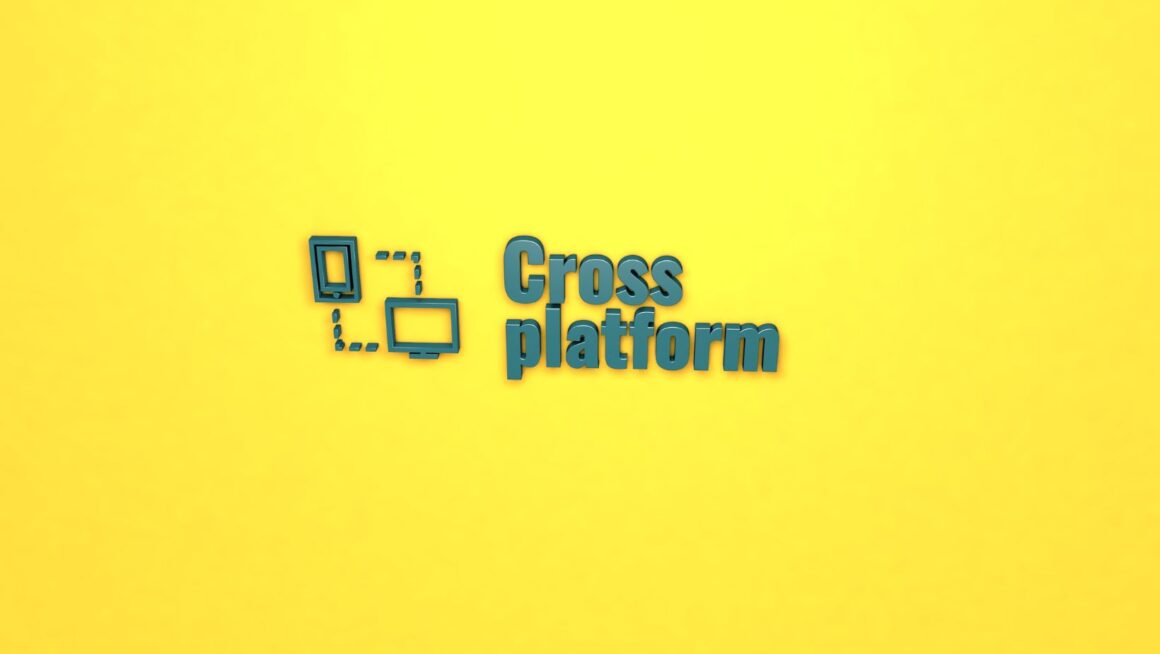Tools, Challenges, & Success Stories: Cross Platform App Development Services
Cross Platform App Development Services
Cross-platform app development services offer businesses a cost-effective solution to build applications that can operate seamlessly on multiple platforms, including iOS and Android. By leveraging these services, companies can extend their market reach, engage a broader audience, and streamline their app development process.
Businesses opting for cross-platform development services benefit from reduced development time and costs compared to creating separate apps for each platform. It allows them to deploy updates and features across multiple platforms simultaneously, ensuring consistent user experience and performance.
The flexibility of cross-platform app development services enables businesses to adapt quickly to changing market trends and user preferences. With a single codebase that can be shared across multiple platforms, developers can expedite the development process while maintaining the quality and functionality of the apps.

Popular Tools and Frameworks for Cross Platform App Development
To efficiently create cross-platform applications, developers employ various tools and frameworks tailored to streamline the development process and enhance app functionality. Here are some popular tools and frameworks commonly utilized in cross-platform app development:
- React Native: Developed by Facebook, React Native is a widely-used open-source framework that allows developers to build native-like mobile apps using JavaScript and React. It enables code sharing across multiple platforms and offers a rich ecosystem of libraries and components.
- Flutter: Created by Google, Flutter is an open-source UI software development kit used to build natively compiled applications for mobile, web, and desktop from a single codebase. With its hot reload feature, developers can instantly view changes, speeding up the development cycle.
- Xamarin: Owned by Microsoft, Xamarin is a popular cross-platform app development framework that enables building native apps using a single, shared C# codebase. It provides access to native APIs, ensuring high performance and native-like user experiences.
- Ionic: Ionic is an open-source SDK for building cross-platform mobile applications using web technologies like HTML, CSS, and JavaScript. It leverages web technologies to create native-like experiences across multiple platforms and devices.
- PhoneGap (Apache Cordova): PhoneGap, also known as Apache Cordova, is a mobile development framework that enables developers to build hybrid applications using web technologies. It allows for easy deployment across different platforms with a single codebase.
- Unity: While primarily known for game development, Unity is increasingly used for cross-platform mobile app development. Its powerful graphics engine and cross-platform capabilities make it a versatile choice for creating interactive and visually appealing applications.

Challenges Faced in Cross Platform App Development Services
When engaging in cross-platform app development services, developers encounter several challenges that can impact the efficiency and effectiveness of the process. It’s essential to be aware of these obstacles to proactively address them and ensure successful project outcomes.
1. Performance Optimization:
Optimizing app performance across multiple platforms while maintaining speed and responsiveness poses a significant challenge. Ensuring consistent performance levels on various devices and operating systems requires careful attention to optimization techniques and platform-specific nuances.
2. Native Features Integration:
Integrating platform-specific features seamlessly into a cross-platform app can be complex. Accessing native functionalities and hardware capabilities while maintaining a unified codebase often requires intricate development strategies and robust testing procedures.
3. User Experience Consistency:
Maintaining a consistent user experience (UX) across different platforms can be challenging due to variations in design guidelines, navigation patterns, screen sizes, and performance capabilities. Achieving a uniform UX that meets user expectations on all devices demands meticulous design and development efforts.
4. Code Reusability and Maintenance:
While code reusability is a fundamental advantage of cross-platform development, managing and maintaining a shared codebase for multiple platforms can become challenging as the app scales. Ensuring code consistency, resolving compatibility issues, and updating dependencies are ongoing tasks that require careful planning.
5. Limited Access to Platform Updates:
Cross-platform development frameworks may face delays in incorporating updates from OS providers, resulting in a lag between the release of new platform features and their availability for cross-platform apps. This can hinder developers from leveraging the latest platform capabilities promptly.
Cross-platform app development services play a crucial role in meeting the increasing demand for versatile mobile applications efficiently. By leveraging tools like React Native, Flutter, and Xamarin, businesses can create successful projects with enhanced quality and performance. Despite challenges like performance optimization and code reusability, addressing these strategically can lead to improved user experiences. It’s essential to consider factors like native features integration and debugging complexity when choosing a service provider. Overall, embracing cross-platform app development services can result in cost-effective solutions that cater to a broader audience across different platforms.

